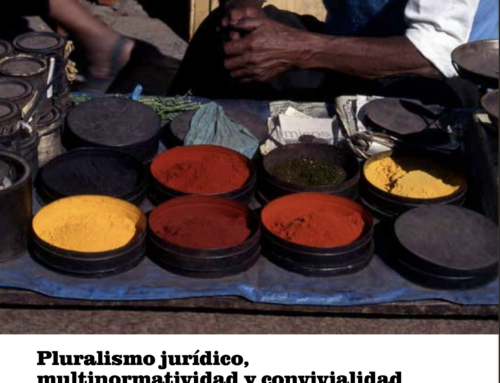As part of the International Online Seminar of the Politics for Unity Movement (MPPU) “Politics and Policies for Unity in the Times of Global Change: Ideas, Commitments, Contributions” that took place on December 10-11, 2020, Marconi Aurélio e Silva, a member of the MPPU International Center and the Research referent, gave a brief talk entitled Chiara Lubich as a political figure: Thought and Action. We report it below.
Marconi Aurélio e Silva
From the beginning, the theme of politics is present in Chiara’s life. The political, social, religious and economic context of Trentino in the first decades of the last century was a cultural evolution. And this can be seen in the Lubich family itself: her mother was Catholic, her father a socialist, her brother a partisan who fought against fascism. Chiara was passionate about philosophy. Diversity and Unity were, therefore, the dynamic of the day to day in the family.
Chiara worked as a primary school teacher and also played a leadership role in Catholic Action in Trento and the Italian Catholic University Federation (FUCI). Social Catholicism played a kind of cultural resistance role against Fascism. There Chiara met some of her fellow members of Ideal who had become close during the war. Together, they decided to help their fellow citizens who were weaker and in difficulty. In a letter of May 1948 to Father Bonaventura of Malé, Chiara says: “The important thing is to put unity as a basis, as a means, as an end. [that unity which] two souls merge into one and emerge equal and distinct”. Unity, then, which is to be understood not as uniformity. But as unity in distinction, even in the same community.
Dialogues about politics were frequent at that time. In September 1948, Chiara met the writer and MP Igino Giordani in Montecitorio. From that moment on, a deep relationship of collaboration was born, allowing them to have opportunities for high-level exchanges. Immediately after he understood what the Ideal of Unity was, Giordani set to work in parliament to bring its spirit, through dialogue open to all. It was Giordani who introduced Alcide De Gasperi to Chiara in February 1950. The head of the Italian government was also from Trento. The friendship lasted until the statesman’s death. But other politicians of that time also approached Chiara, participating in meetings specifically for them. And she always proposed something more than just being together. In 1959, she proposed:” […] to give a soul to politics, to make it the art of the common good”. (Lubich, 1959), and thus bring Unity into the party itself and into public institutions.
Once unity and peaceful cohesion is restored through dialogue at home, in the community, in society, in the city, etc., the challenge and new level becomes achieving Unity among peoples and states. In this sense, Chiara says in 1959: “[…] to make humanity a family and to cultivate those distinctions between peoples, so that in the splendour of each one, placed at the service of the other, there may shine forth the one light of life which, by embellishing the earthly homeland, makes it an antechamber to the eternal homeland”.
Believing that politics is only a service to promote the common good, and that everyone needs to create the conditions for dialogue and mutual understanding, Chiara proposed a supra- partisan movement in which freedom, equality and fraternity could be established. That would generate agape, civil and social, capable of bringing about Unity, consensus, even in the promotion of public policies for the collective good. In 1996, she suggested to a group of Italian politicians: ‘A movement should be born that reaches out to politicians of all parties. […] the first value is charity, mutual love. Only if people are converted to this fundamental value will it be possible to open up the discourse on values”. And so… the MPPU was born!
Chiara personally worked hard to solve the problems she found in the world, especially those related to the lack of Unity. She has stimulated social projects in Brazil (South America), which have reduced violence; dialogue, peace and Unity between the peoples of Fontem and Fonjumetaw (Africa); Together for Europe; as well as several dialogues with leaders of major religions, such as Muslims and Buddhists.
So, the key words of this entire journey of life and thought could be summarised as: agape, reciprocity, communion and universal brotherhood until arriving at Unity in diversity. This system is a synthesis of the proposed political method and its possible effects.





Leave A Comment